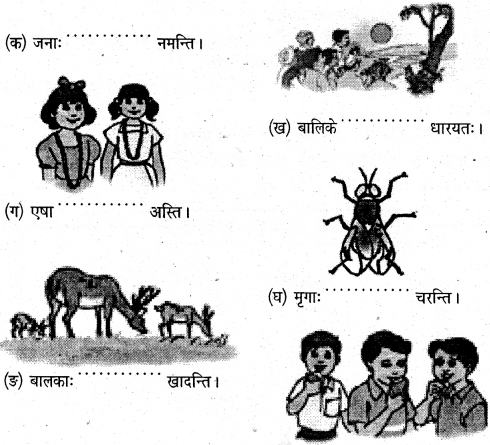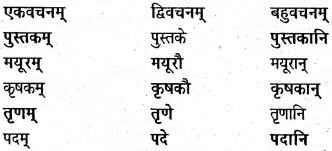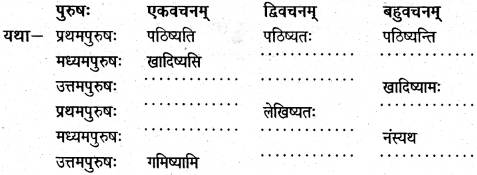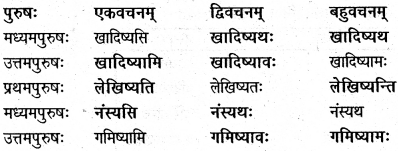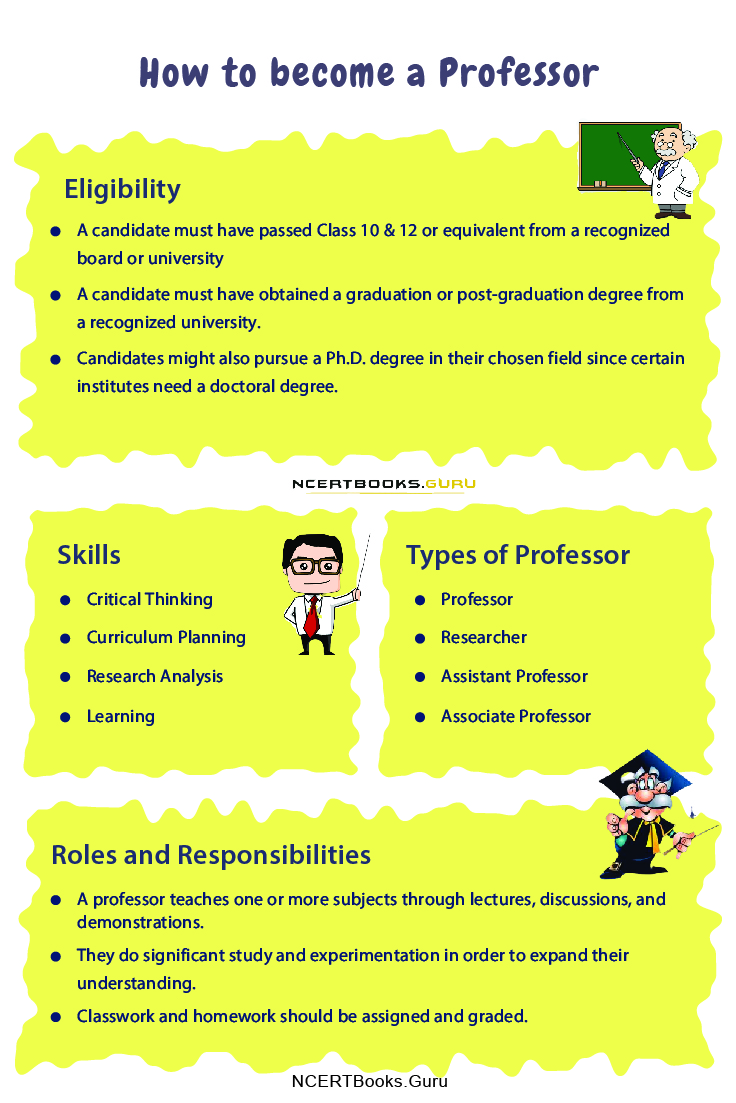Video Editing Course Details: With the rising scope in video and film editing, there is an increasing demand for creative people who are interested in it. Those who work in the media and entertainment industry can get into this profession with the help of a video editing course. A video editor can make the process of making the art aesthetically very appealing. An editor will take up several videos and then combine them to form a single video. Hence the video editors can edit the entire visualized form of a video. It includes editing in the soundtrack, film, and videos.
Get to Know More about other types of Course Details in Stream wise, and Category wise
So who will help you gather the complete information in video editing? Read below to know complete details on the course duration, fee structure, job, salaries, and other essential details for video editing.
- About Video Editing Course Details
- Video Editing Course Details
- Subjects and Concepts in Video Editing Course
- List of Colleges Offering Video Editing Courses
- Video Editing Courses Eligibility Criteria
- Video Editing Course Fee Structure
- Video Editing Courses Admission Procedure
- Video Editing Courses Duration
- Video Editing Course Syllabus
- Video Editing Course Job Profiles
- Salary offered to Video Editor
- How can I learn Video Editing?
- Is it good to make a career in Video Editing?
- Is it possible for a video editor to make good money?
- Summary of Video Editing Course Details
About Video Editing Course Details
Video Editing is all about making an appealing video by combining different shots into one. Along with that, you can add and remove different sounds to it. Video editing has been a process of re-arrangement and thus making new modifications to the video. In the job of video editing, you will have to collect different videotapes and thus bring a new one with the refined video. In the present time, video editors have been in good demand in the post-production process. In the job, you will have to edit the visual media, including different films, soundtracks, and videos. It is not about linear video editing but the non-linear or digital editing process. With this course, you will have an understanding of different videos with hands-on and practical training.
Video Editing Course Details
| Course | Video Editing Course |
| Video Editing Course Qualification | No specific requirement but training in computer systems and programs |
| Duration | No specific in Duration |
| Video Editing Course Fees Online | Depending upon the institute between 3.5K to 10K per month |
| Course Type | Video Editing, film editing, sound insertion, and deletion course |
| Salary Offered | 5,000 to 10,000 INR per month |
| Job Opportunities | Large Film Studios, Electronic News Channels, Media Houses, and much more |
Subjects and Concepts in Video Editing Course
Usually, undergraduate students take video editing courses after 12th for their future profession. In the editing theory, students will come across the piecing of video footage and give them an excellent structural form. In the course, you will learn about different video editing styles and thus form choices to form a final result. However, the necessary course of film editing is an introductory course. However, if students are to lean on non-linear film editing, they will develop hands-on skills and other outputting projects. The concepts that they will come across are
- Screen Direction
- Sound Design
- Continuity
- Titling
- Picture Management
- Color Correction
- Special Effects
More Related Articles
List of Colleges Offering Video Editing Courses
There is no requirement for a particular degree in Video Editing. It is all on your creativity and practice. Several institutes are offering Video Editing Course to you with their monthly fee. However, if you want to undergo a Diploma course in Video Editing, you can take admission to several popular colleges in India. The list is below:
- CREO Valley School of Film and Television
- Satyajit Ray Film and Television Institute, Calcutta
- Whistling Woods International
- Mass Communication Research Centre
- YMCA Centre of Mass Media
- South Delhi Polytechnic for Women
Video Editing Courses Eligibility Criteria
Talking about the formal requirement in Video Editing, there is no requirement as such. You only need complete training and practice with a creative mind for video editing. The training is based upon the programs of digital video editing and the interest in making edits for visual media, including the soundtrack.
If you want to go for a specialized course then better you prefer to visit a Film and Television Institute in Pune India. For that, candidates need to have a specialized qualification from the respective college. However, most of the professionals in Digital Video Editing have either Bachelor’s or Masters’s Degree in Media Arts or Animation Courses.
Video Editing Course Fee Structure
There is no specific fee structure for the students to undergo a Video Editing course. However, they can prefer any institute or a personal trainer to help them. These institutes are generally private, and hence they have their defined fees for teaching. But still, the average cost paid to the institute or the trainer lies in an average of 3.5k to 10k in India.
Video Editing Courses Admission Procedure
Since Video Editing Course is entirely based upon the trainers, and there is no professional requirement to take admission, hence the admission process is not formal. There is no specific requirement for a student to become a video Editor. It is his personal choice or interest in the field. The admission procedure might include a form to fill as you pay fees to your trainer. However, before you take admission to this course, make sure you have an imaginative mind to think creatively while editing a video.
Video Editing Courses Duration
There is no limit on the course to learn. However, it all depends upon your practice in video editing. As soon as you gather complete information, you can learn more and more. There is no specific duration for learning Video Editing.
Video Editing Course Syllabus
Video Editing is all about practice. In the course, you will come across different subjects and concepts. The basics include editing videos, removing and including sound, correcting the colors, managing the picture, bringing continuity in the video, and adding some special effects. These are all requirements for a video editor to start with. There could be many advanced level editing concepts in the same field of study.
Video Editing Course Job Profiles
If you join Video Editing, your future is secure with a good job prospect in the large film studios, media houses, electronic new channel groups, and working in different production houses in the entire country. There has been increased popularity and demand for video editors in the country these days. Hence the next time, you will have a better and competent job opportunity in the mere future. The career outlook has been positive in the field of Video Editing. A video editor can work as a Cue Selector; Film Editor, Electronic News Gathering Editor, News Video Editor, and much more.
Interested candidates can pursue different Photography Courses to get the job options in the field of photography or video editing.
Salary offered to Video Editor
Considering the initial salary for a video editor, he will earn around 5,000 INR to 10,000 INR in a month. However, with the rising experience in this field, you have a better option after you become an expert in video editing. Your career will be on a smooth track with the best benefits and high pay-package. If you have turned to be a creative video editor, on an average, you will earn INR 25,000 to INR 75,000 in a month. Another benefit is to work as a freelancer in the video editing field. For this, you will work on an hourly basis.
People who work in Media and Entertainment fields will get the highest salary packages compared to other fields. So, check out the List of Media and Communication Courses that are in high demand.
FAQ’s on Video Editing Course Details
Question 1.
How can I learn Video Editing?
Answer:
You can go for online classes through video lectures or visit some trainer or an institute to learn and practice video editing.
Question 2.
Is it good to make a career in Video Editing?
Answer:
For the right people, video editing is the best choice. If you have a good interest in this field, then none can stop to brighten your future in video editing.
Question 3.
Is it possible for a video editor to make good money?
Answer:
Video Editing Course salary depends upon your experience in the field. A freelancer can make thousands in an hour while a salary based employer might not. It is all on experience.
Summary of Video Editing Course Details
Hopefully, you would have earned all the required information through the information presented above about Video Editing for the Duration, fees, eligibility, admission, job profile, and salary offered. It has an excellent future scope if you feel interested in it.




